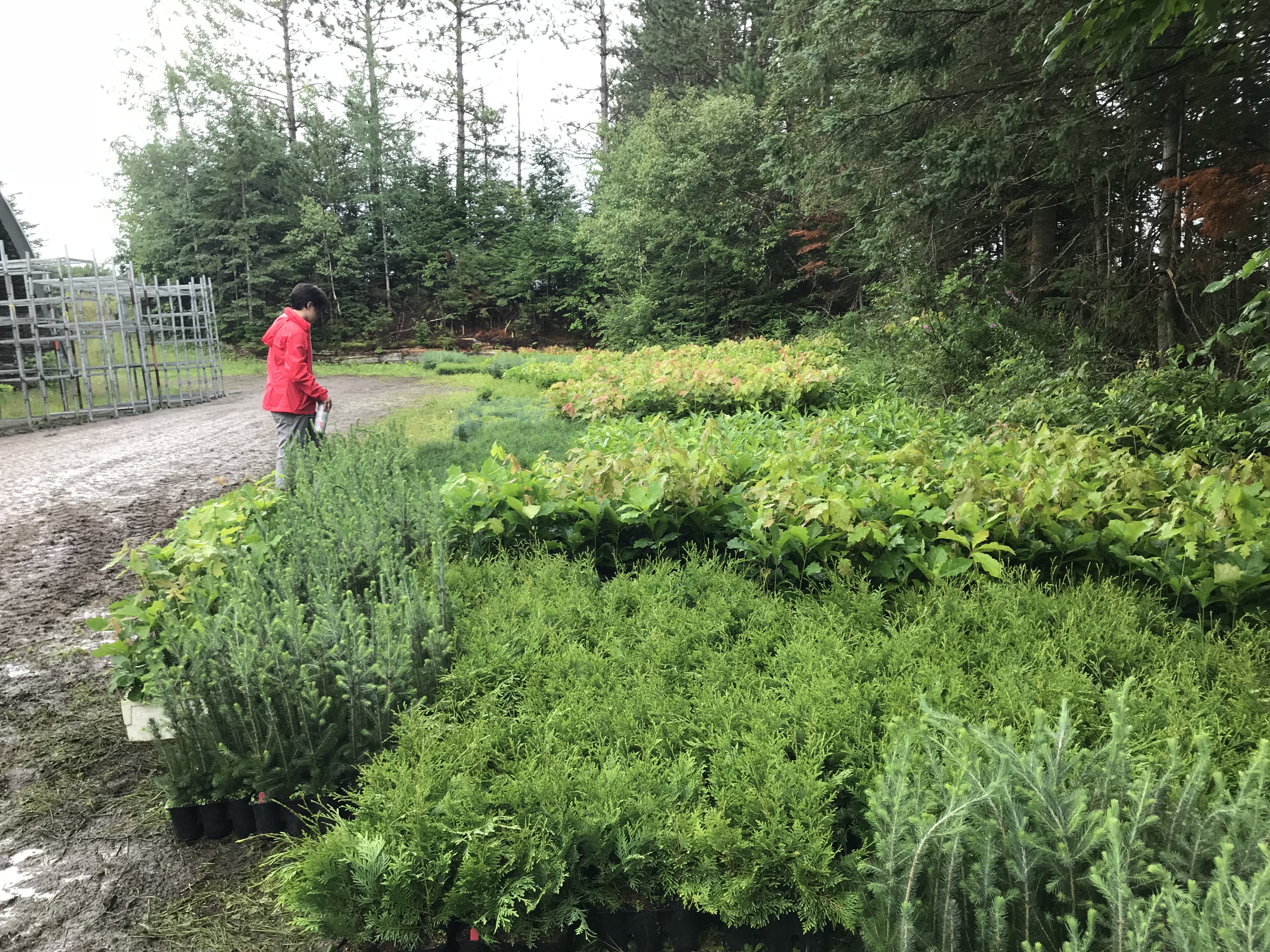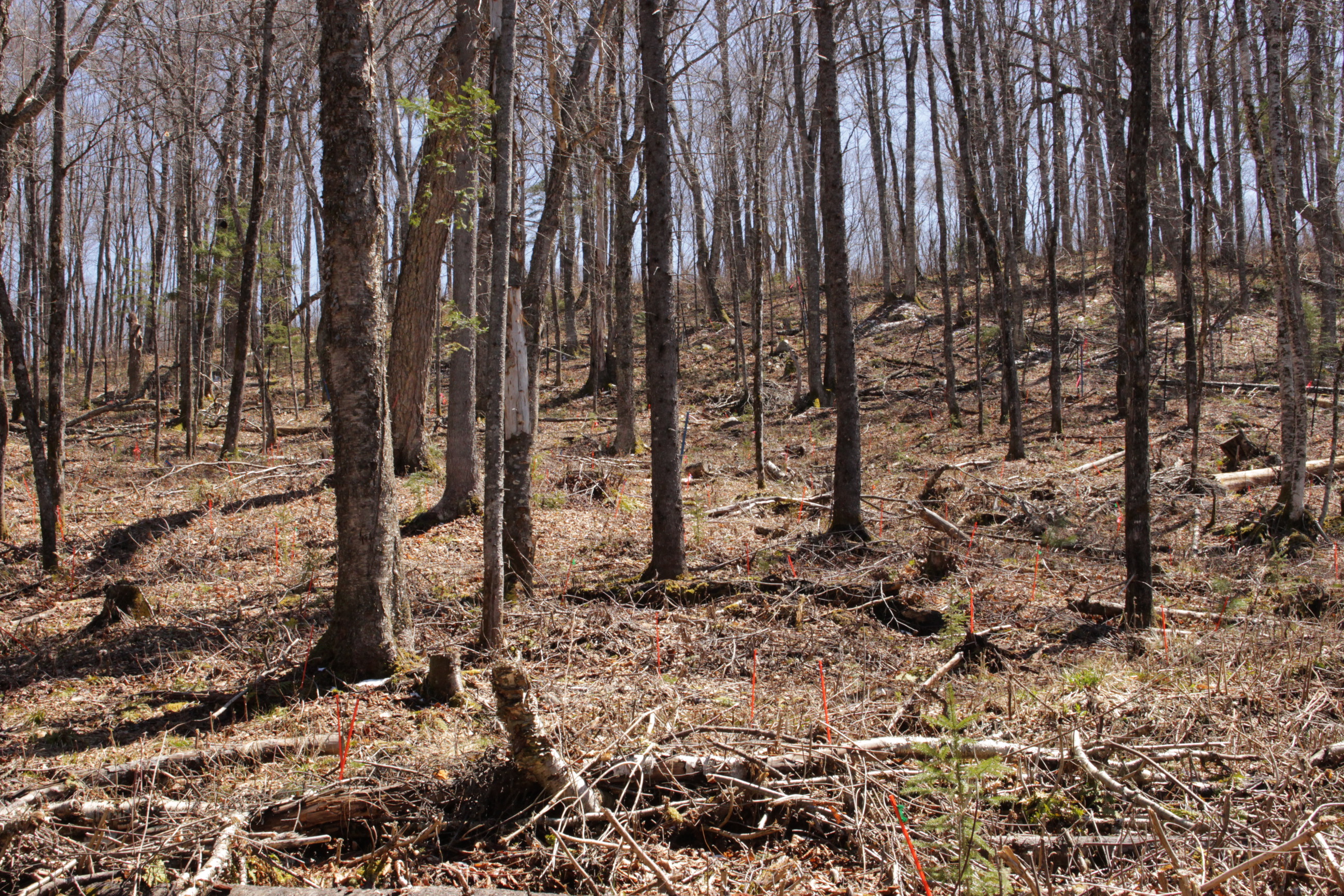About DREAM
Climate change poses a major threat to the sustainability of forest ecosystems dynamics, composition and functions. The increases in temperature and changes in precipitation regimes could modify the composition and productivity of forests, on top of making them more susceptible to perturbations such as drought and fire. The current knowledge suggests climatic changes will occur faster than inherent ability of established forest communities to adapt to the novel conditions and exceed the colonization rates of new, and potentially better suited, plant species. These disruptions could compromise the resilience of forests and their ability to provide products and services to the society.
It is possible to prepare now for upcoming changes by applying adaptation strategies that could help our forests to deal with future climate conditions. Among these strategies, assisted migration is one of the most recommended. This tool consists in the plantation of trees at the North of their current distribution, in sites where the future climate conditions could be favourable to them. However, our ability to apply assisted migration is currently constrained by our limited knowledge regarding the survival, growth and acclimatization capacity of meridional trees under more northern latitudes.
In this context, the Canada-American network DREAM (Desired Regeneration through Assisted Migration) has the objective of testing operational scenarios of assisted migration, in order to create the knowledge required for the application of this adaptation tool to the forests of northeastern America.
Currently, the network includes a Québec and a USA component, detailed in the research projects.


